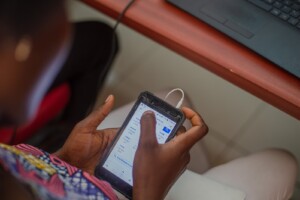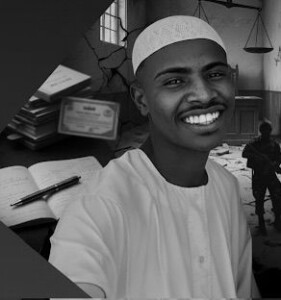Sudan journalists: SUNA refusal of SPA press conference ‘reminiscent of old regime’
The refusal of the Sudan News Agency (SUNA) to grant the Sudanese Professionals Association (SPA) permission to hold a press conference at its premises in Khartoum has been net with harsh criticism in Sudan. The Sudanese Journalists Network says it “brings to mind the practices of the former regime”.

The refusal of the Sudan News Agency (SUNA) to grant the Sudanese Professionals Association (SPA) permission to hold a press conference at its premises in Khartoum has been met with harsh criticism in Sudan. The Sudanese Journalists Network says it “brings to mind the practices of the former regime”.
SUNA, which is the official news agency of Sudan, confirms that the SPA submitted an application January to talk about the case of slain activist Bahaeldin Nouri, however the agency says that “the agency’s administration decided not to host this activity because SUNA has already given enough chances to the association”.
In an explanatory statement yesterday, the agency points out that it provided a platform for the SPA on December 27 over the case of the slain activist Bahaeldin Nouri and on January 3 about its position on the Trade Union Law.
SUNA said that it deals with all issues of concern to public opinion, but it is “not obligated to make its platforms available to mobilise and call for strikes and demonstrations or similar activities or their interpretation”.
The agency made clear that it did not want its platforms to become a site for direct political conflict management. Approving any activity at SUNA is a written decision of the agency, the statement reads.
“The organisation of any activities in SUNA is completely subject to its editorial policies and the decisions and estimates of its editorial board and management, and it is not a legitimate right for anyone who believes that he has a message of interest to public opinion.”
The SUNA decision prompted sharp criticism, especially from the Sudanese Journalists Network. In a statement, the network said that “this behaviour brings to mind the practices of the former regime and its repressive security apparatus,” describing the decision as “an abominable regret which confirms that state institutions are still under the control of the former regime”.
The network affirmed that it “will not stand idly by about what is happening,” which it described as “the systematic and repeated attacks on freedom of opinion and expression”.
Radio Dabanga’s editorial independence means that we can continue to provide factual updates about political developments to Sudanese and international actors, educate people about how to avoid outbreaks of infectious diseases, and provide a window to the world for those in all corners of Sudan. Support Radio Dabanga for as little as €2.50, the equivalent of a cup of coffee.












 and then
and then